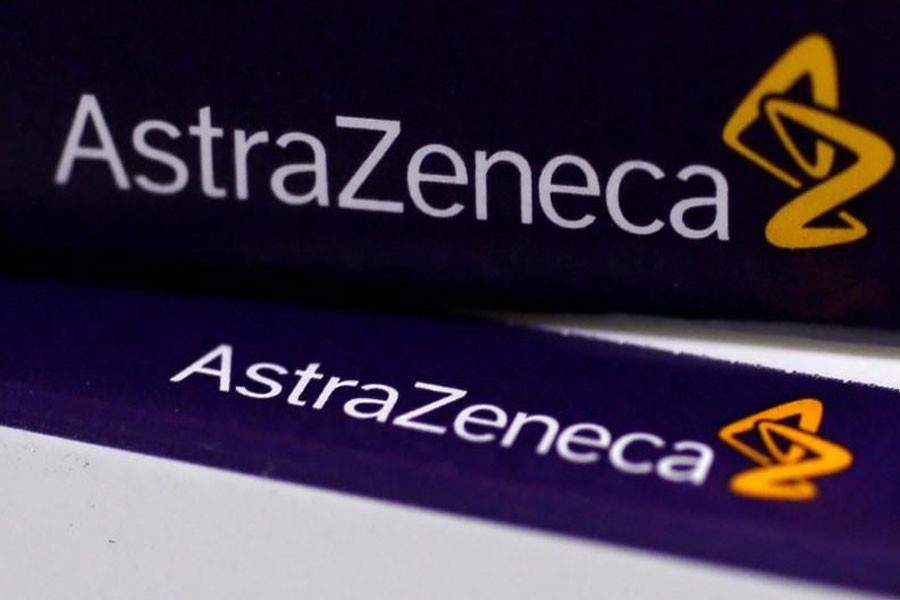Two AstraZeneca drugs tackling lung cancer in different ways delivered impressive clinical results on Saturday, helping the British group offset July’s big clinical trial setback in the disease.
Particularly notable was the success of the infused immunotherapy medicine Imfinzi in helping non-small cell lung cancer patients with inoperable mid-stage disease that has not spread widely around the body.
Chief Executive Pascal Soriot said it gave AstraZeneca a chance to intervene earlier in lung cancer, distinguishing it from rivals that have made more progress in tackling advanced or metastatic disease.
Results from a large clinical trial showed patients survived on average 16.8 months without their disease worsening when given Imfinzi, against just 5.6 months for those on placebo.
Solange Peters of the Centre Hospitalier Universitaire Vaudois in Lausanne, who was not involved in the study known as Pacific, told Reuters the advantage of more than 11 months provided by Imfinzi was “absolutely amazing”.
It is the first medicine to show superior progression-free survival in such patients.
These individuals typically receive a combination of chemotherapy and radiotherapy, but only around 15 percent of them are still alive after five years.
Significantly, while there were more reports of toxicity in patients taking Imfinzi, the level of severe problems was similar in both groups.
“What we hear from the experts is that they think this is practice-changing,” Soriot told reporters.
AstraZeneca had already said Pacific and another study called Flaura met their pre-defined goals, but the exact scale of the benefits was only disclosed at the European Society for Medical Oncology (ESMO) congress in Madrid.
The results were also published online in the New England Journal of Medicine. Analysts believe using Imfinzi in so-called stage III lung cancer opens up an annual sales opportunity worth around $2 billion.
Importantly, AstraZeneca has a lead of two to three years over rivals in this particular area.


